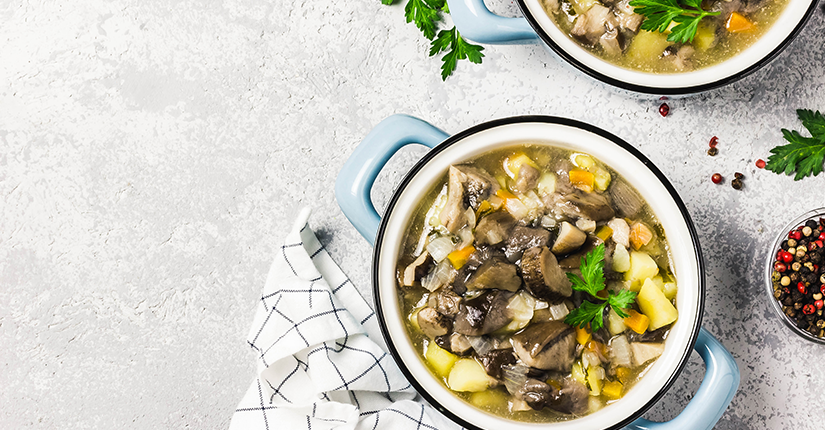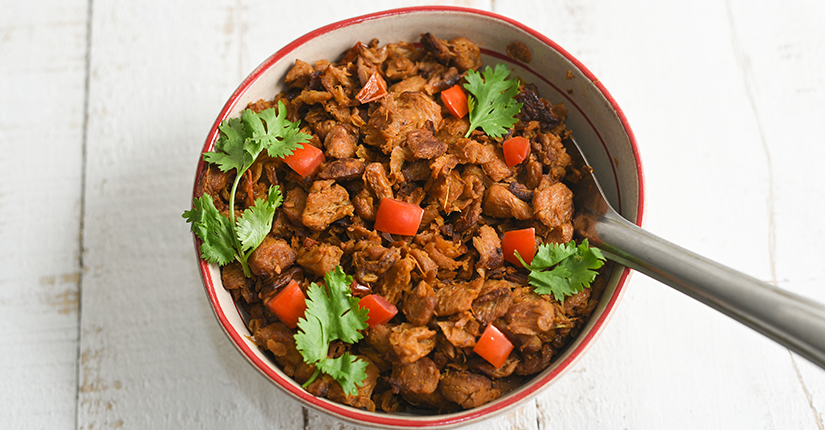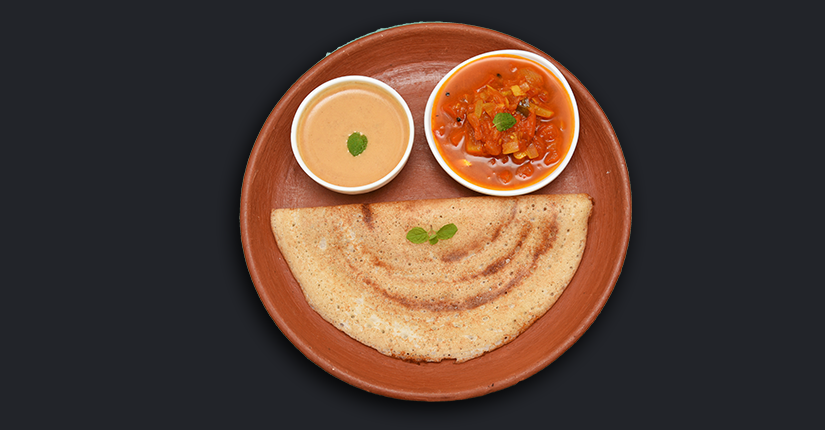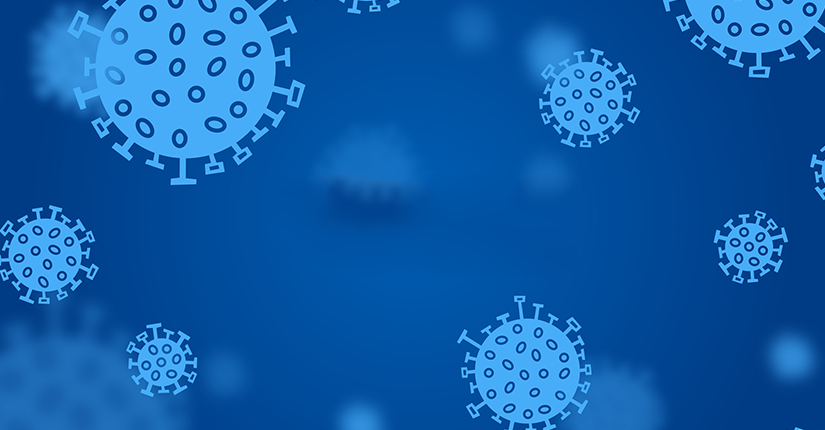Lifestyle Disease Guide – PCOD
By Nmami Life Editorial 14-Sep 2021 Reading Time: 5 Mins

Polycystic ovarian disease is becoming fairly common nowadays. PCOD is a condition that causes a number of different symptoms in women of reproductive age and also affects a woman’s hormone levels. In Polycystic ovarian disease (PCOD), multiple numbers of small cysts develop in the ovaries. The hormonal imbalance affects the reproductive organs that produce estrogen and progesterone hormones which regulates the menstrual cycle. In this syndrome, many small fluid-filled sacs grow inside the ovaries.
The syndrome leads to disruption in the menstrual cycle that begins on the onset of puberty, it can be normal at first and then become irregular or the onset of menses may also be delayed. Along with the menstrual cycle abnormalities, the condition causes an increased risk of diabetes, acne, infertility and excessive hair growth on the face and body. Most PCOD patients are overweight and have elevated blood levels of insulin therefore, it is suggested to exercise daily or be active, which may help to control the weight and other symptoms as well.
The exact causes of the syndrome are not known but it is likely to be the result of genetic and environmental factors. Polycystic ovarian disease (PCOD) is associated with a higher risk of diabetes and obesity and the first-line treatment is ‘diet and lifestyle changes. Several dietary tips can relieve the symptoms and can also boost weight loss in women with polycystic ovary syndrome.
Here are a few dietary changes to embark on to deal with PCOD!
- A low-glycemic-index diet helps keep insulin levels stable. It consists of eating fruits and vegetables as they are densely rich in nutrients and antioxidants. Also, include a fibre rich diet with whole grains. Avoiding refined carbs and sugary foods and drinks can help manage insulin levels.
- A high protein diet is likely to be more filling and helps reduce insulin levels which can have positive effects on PCOD. Therefore, make sure to include plenty of protein sources in the diet.
- An adequate supply of healthy fats with omega-3 fatty acids can help balance hormones and improve insulin levels in women.
- Women with this syndrome tend to have low levels of chronic inflammation. Incorporate a diet rich in anti-inflammatory foods like dark leafy greens such as kale and spinach. Also, walnuts, almonds, pine nuts and green tea are great options to add anti-inflammatory foods to the diet.
- Make sure to eat a healthy and filling breakfast to improve imbalanced hormone levels.
To prevent any complications further it is quite imperative to pay heed to the lifestyle you are following. A healthy lifestyle can make you better while a low key lifestyle can make your situation even worse. We bring you some of the healthy lifestyle tips that you can follow in order to get better.
- Reduce Sugars and Carbohydrates
- Exercise is the key (150 minutes per week)
- Avoid junkies and processed foods
- Reduce stress
- Try to add yoga and medications to your lifestyle
So, if you are dealing with PCOD and wants to fight with it then add these tips and tricks in your lifestyle and take care of your diet as a diet can make or break your factors.


















